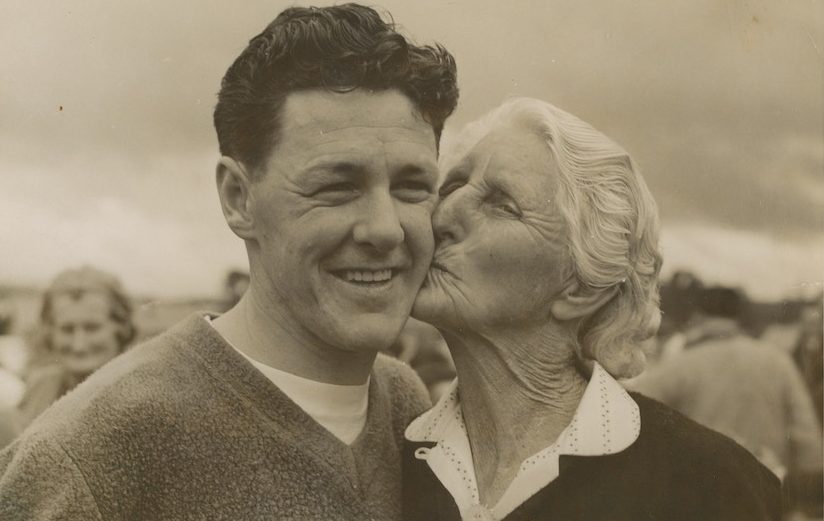
Reporter BELINDA STRAHORN reveals Canberra’s ‘golden era’ of scooter racing.
IT was 1pm on a sunny October afternoon in Canberra 1958, and a gruelling 15-kilometre slog lay ahead.
Between Merv McDonald and the finish line in Queanbeyan were twists, turns and uphill slogs – a feat of endurance – most would balk at today.
The interstate scooter race from Canberra to Queanbeyan was the gnarliest of races, starting from Canberra’s Olympic Swimming Pool, down Constitution Avenue and finishing at the Queanbeyan Post Office.
Thousands of spectators lined Constitution Avenue and on Fyshwick Hill – halfway to Queanbeyan – eager to watch grown men race motorless scooters.
McDonald, a talented Queanbeyan sportsman and champion cyclist, was 26 years old when he lined up for his first scooter race in 1958.
The race was billed a “tough ride”. It’s not hard to see why. In the ’50s scooters were oversized versions of the common child’s toy, with hard rubber tyres fitted to 12-inch metal wheels. Handbrakes were not fitted nor did riders wear helmets.
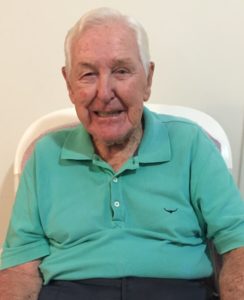
“You wouldn’t read about it now,” McDonald chuckled.
“Most people had never seen a scooter before…let alone raced one.
“Your foot would hit the axle of the back wheel and it would take a fair bit of bark off, you had to get used to changing your feet every 50 metres or so, so you could maintain a rhythm.”
The first cross-border scooter race started as a challenge between friends in 1957 and later fashioned as a charity event, with local businesses sponsoring a rider for ten pounds ($20).
McDonald, now 85 years old and a great grandfather, can still recall the race as if it was yesterday.
“At the time I was teaching ballroom dancing at the Mal Strahan Dance Studio in Civic and jokingly suggested the studio enter me in the race,” he said.
“To my surprise they paid up and provided the scooter and I thought, what have I got myself into.”
Determined to make a go of it, McDonald covered 300 kilometres in training.
“The week before the race, my wife Gwen would drive me to Narrabundah and drop me off for a quick sprint on my scooter into Queanbeyan, this was all done before breakfast and then I’d head to work.”

When race day finally arrived, 32 competitors took part. Beside McDonald at the starting line was Ian Rudd, a local rugby player, his family owned a petrol depot in Fyshwick.
On the other side was Bob Warren, a Victorian and winner of the first interstate scooter race.
Warren covered the 15-kilometre course in 35 minutes and 27 seconds and was eager to defend his crown.
Member for the ACT, Jim Fraser, fired the starting gun.
“In the first race, Peter Quodling, from Quodling Buses, ended up in hospital when he swerved to avoid a car, rolled his scooter and broke his ankle,” says McDonald.
History enthusiast and Queanbeyan local Phil Hawke says 1958 was the start of “Mighty Merv’s” dominance as the “undisputed scooter king”.
Dubbed the “human scooter”, Hawke says McDonald covered the 15-kilometre course in 30 minutes and 22 seconds averaging 30km/h and beating the 1957 time by five minutes and three seconds.
Hawke, a retired economics teacher, stumbled across details of the “much loved” yet “forgotten event” while cataloguing old photos of Queanbeyan.
“It would have been quite the spectacle,” Hawke said.
“During the race McDonald and Rudd jumped the main bunch and by the top of the Fyshwick Hill were leading by a quarter of a mile.
“Rudd then tried to break from McDonald at Harman but could not shake him off as he gained the lead at the Uriarra Road railway bridge and went on to win.
“McDonald beat Rudd by 10 yards [about 10 metres] with inaugural winner Warren placing third.”
McDonald went on to win two more scooter races, winning three out of the four events he entered.
The race was canned in 1961, four years after it started. Police and officials had trouble controlling the huge crowds and long lines of traffic, McDonald said.
“Everyone wanted to watch it,” said McDonald. “As I was coming into the finishing line, I couldn’t get through because there were so many people lining the streets, like in the Tour de France.”
Hawke says the race was such a big thing, but many people have forgotten it existed.
McDonald went on to enjoy a 39-year-long stint in the public service and a notable career in cycling as a rider, coach and official. He was awarded an OAM for his services to the sport in 1989.
These days McDonald lives on the Sunshine Coast and needs a walking frame to get about after suffering from a stroke.
He says the cross-border race is a vivid reminder of the human spirit that existed in a “golden era”.
“Those were the years,” McDonald said. “I’ve had a wonderful life.”
Who can be trusted?
In a world of spin and confusion, there’s never been a more important time to support independent journalism in Canberra.
If you trust our work online and want to enforce the power of independent voices, I invite you to make a small contribution.
Every dollar of support is invested back into our journalism to help keep citynews.com.au strong and free.
Thank you,
Ian Meikle, editor
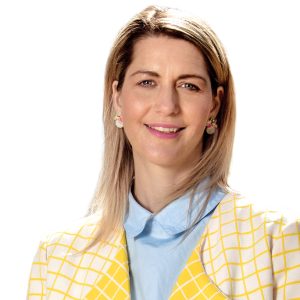
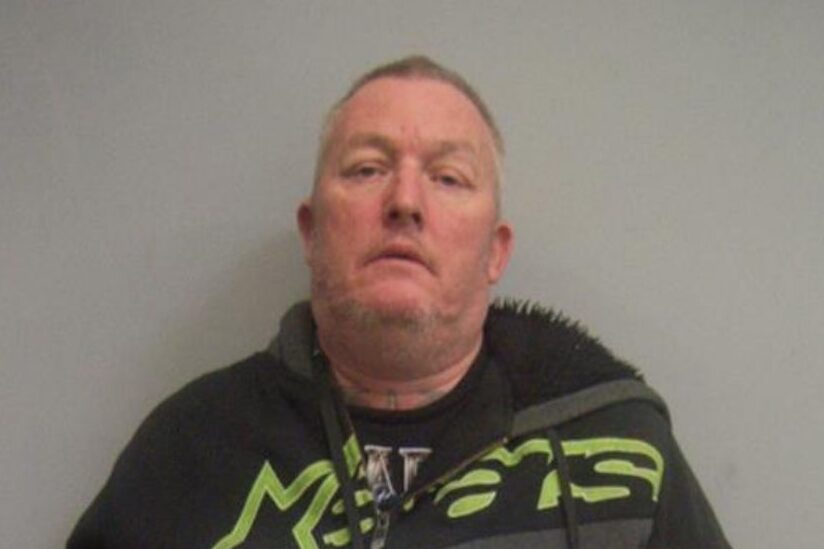
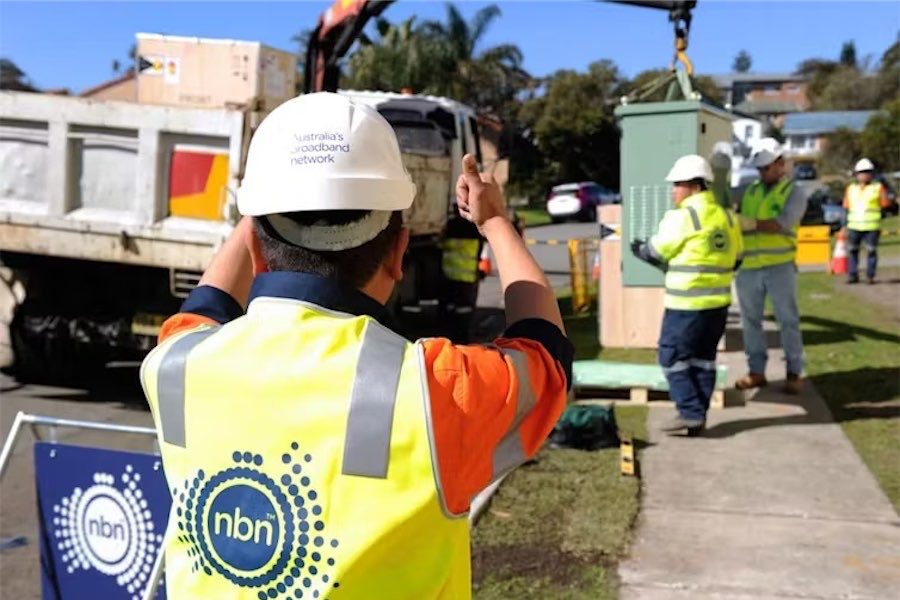
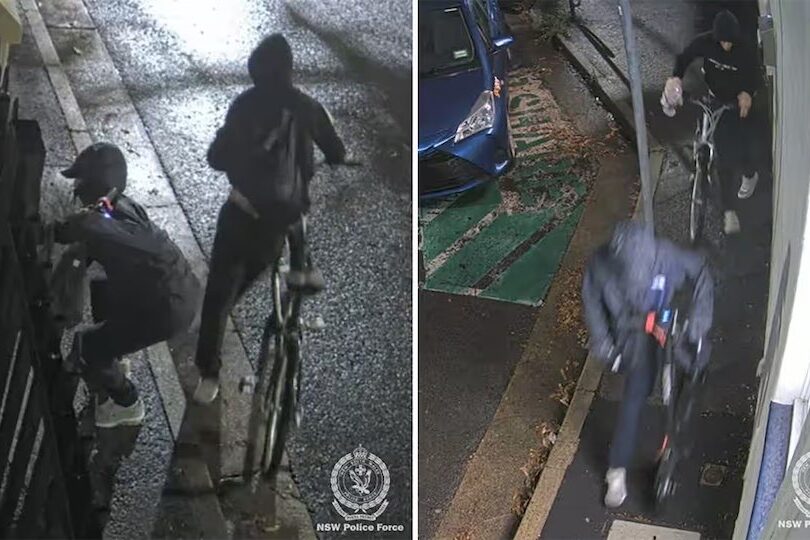

Leave a Reply